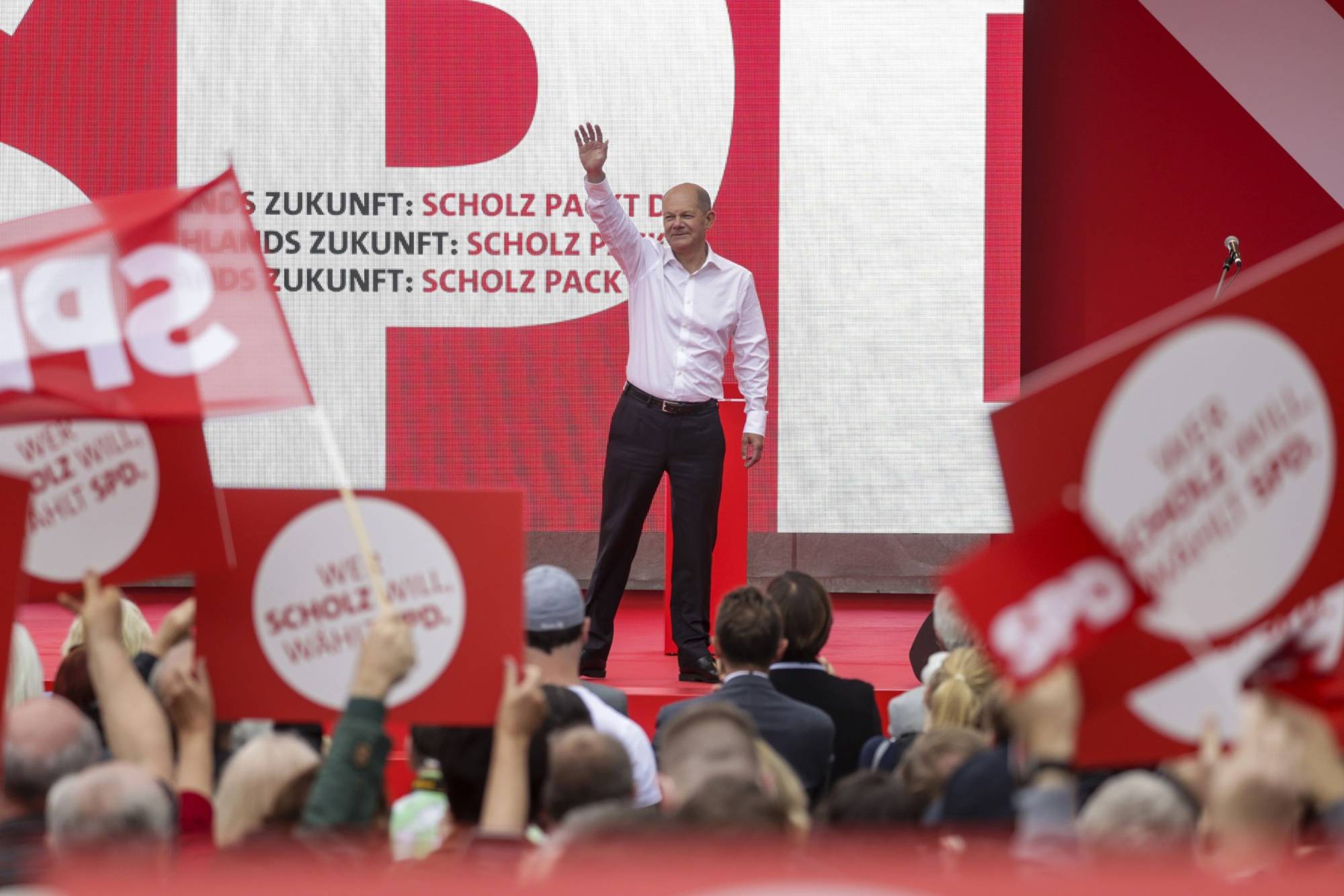Chancellor Olaf Scholz won Germany’s election by emulating Angela Merkel’s steady, unexcitable approach to government. That inherent caution is beginning to look like a liability as he faces his first major international crisis.
Cast as the West’s weak link in deterring Russia, Scholz’s administration has rejected sending weapons to Ukraine and is holding out on allowing Estonia to transfer Cold War-era equipment to the country, despite more than 100,000 Russian troops massed near its border. Instead, Germany has offered to finance and train people for a field hospital and send over 5,000 protective helmets.
Amid efforts to deter the Kremlin with a list of potential punitive sanctions, Germany sought to exempt the energy sector from a block on Russian bank transactions. While Scholz has vowed solidarity with the U.S. and its NATO allies, he seemed reluctant to accept the controversial Nord Stream 2 gas pipeline as a potential target.


















With your current subscription plan you can comment on stories. However, before writing your first comment, please create a display name in the Profile section of your subscriber account page.